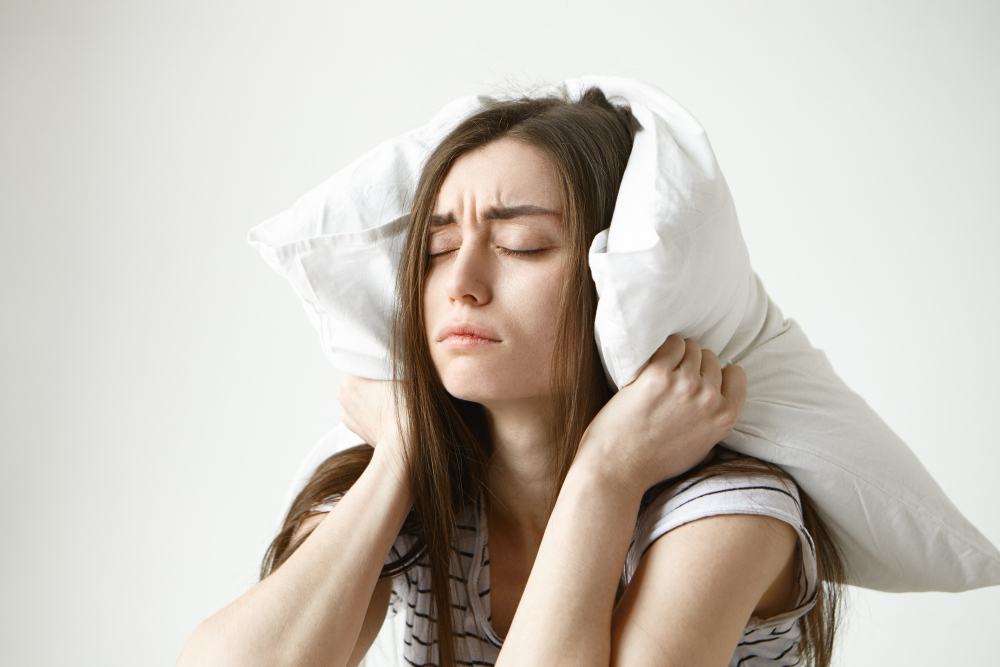Sleep is required for the relaxation of body & mind. Issues with your sleeping posture, time or effects can harm your health mentally and physically. Sleep Apnea is one of the sleeping issues out of them. Its effects are seen in your sleeping state when your breathing flow makes an unusual start or stop. To effectively control Sleep Apnea, you need to know what it is and how CPAP works.
What is Sleep Apnea?
Sleep Apnea obstructs your breathing as your airway is blocked or not responding through the brain instructions. The individual can have different symptoms of having breathing issues while sleeping. It is of two types:
- Obstructive Sleep Apnea (OSA): This is the most frequent kind caused by an obstruction in the upper airway.
- Central Sleep Apnea: It is caused in rare cases, when the brain fails to communicate the right signals to regulate breathing.
Common Symptoms of Sleep Apnea
- Loud snoring
- Morning headaches
- Daytime fatigue
- Focusing issues
Risks of Untreated Sleep Apnea
Poor sleep is not the only consequence of ignoring Sleep Apnea. It raises the possibility of:
- High blood pressure
- Heart disease
- Stroke
- Diabetes
- Cognitive issues
- Sleepy driving accidents
What is a CPAP Machine?
Continuous positive airway pressure (CPAP) machines treat Sleep Apnea by continually circulating compressed air through a mask that is worn over your mouth or nose while you sleep. Your upper airway is opened by it.
How a CPAP Machine Works:
A CPAP system includes:
- A small motor that pressurizes air
- A filter to purify the air
- A tube that connects to a face mask
- A mask covering your mouth, nose, or both
Certain CPAP machines have the qualities to provide comfort. It includes heated humidifiers and pressure settings that are adjustable.
Benefits of CPAP Therapy
There are several benefits to using CPAP Therapy for your Sleep Apnea. They are
- Improve sleep quality
- Reduce or eliminate snoring
- Lower daytime fatigue
- Enhance mood and cognitive function
- Lower risk of heart problems and other complications from Sleep Apnea
Long-Term Benefits:
- Lower blood pressure
- Reduced risk of stroke and heart attacks
- Better memory and thinking ability
Types of CPAP Machines and Masks
There are different types of PAP devices including:
- Standard CPAP
- Auto CPAP
- Bi-level PAP
- ASV (Adaptive Servo-Ventilation)
CPAP Mask Options:
- Nasal masks: Cover the nose
- Nasal pillow masks: Fit directly into the nostrils
- Full face masks: Keep nose and mouth covered.
- Hybrid masks: Using a combination of nasal pillows and face masks
The best mask for you will depend on your comfort, how you breathe, and your tastes.
Conclusion
It is quite important to treat your state of Sleep Apnea as it can be dangerous for your health. To restore your general health it is important to know about Sleep Apnea & its curing therapy which is CPAP. It will help to improve your life quality along with your fitness.




